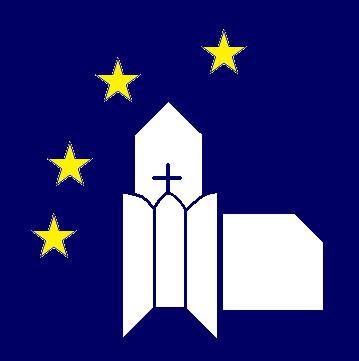The recent Spanish television news programme showing hundreds of children swimming from the Moroccan border town of Castillejos to the Tarajal beach of Ceuta in Spain shows the lack of opportunities for youth in Morocco.
Climate change, war, famine, child labour, social injustice and many other factors are obliging children, namely minors under the age of 18, to emigrate to Europe to obtain a livelihood, receive education and professional job training for employment and thus contribute to financing their families in Africa where the lack of peace, water, health services and well paid employment are absent. These young immigrants also benefit Europe by contributing to raising the falling birth rate in European States and reducing its health bill per capita.
The Council of Europe, whose aim is to ensure that its extensive human rights programmes are maintained and improved in its 46 member States, achieves this by negotiating conventions or treaties with its members. These recommendations phrased in legal terms can be used by NGOs in the rest of the world to press their governments to legalise measures to prevent the use of child labour in artisanal mines in the RP Congo where children are employed to dig for coltan in mines without structural supports and without masks with great danger to their health from highly contaminating chemicals.
Similarly, African States must legislate effectively to prevent the mutilation of albino children for amulets against supposed magical adversities and ensure they receive continuous effective medical treatment against skin cancer and blindness and eye diseases on account of their pale skins.
It is very important that not only NGOs and State organizations but also children themselves can learn about their rights in a format they can understand. This can be shown in Guide for Children and Young People to the CoE strategy…which is also available in French, Italian, German and Spanish
There is much more information available for Children’s Rights in other European languages other than English which you can find in the link and French (which you could have also found by click on the language button at the top of the page.
